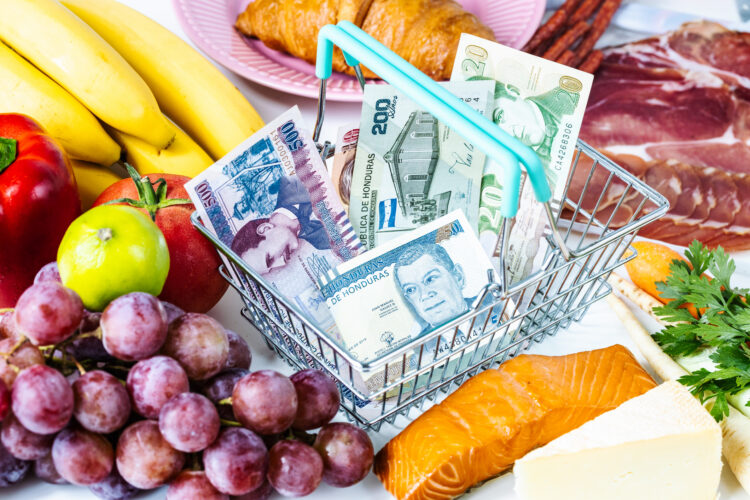
Eating well does not have to come with a hefty price tag. Here are 15 practical tips to help you maintain a healthy diet while sticking to a tight budget. From meal planning to smart shopping, these strategies will ensure you nourish both your body and your savings.
Plan Your Meals and Make a Shopping List

Before you even think about hitting the grocery store, sit down and plan out your meals for the week. This might sound a bit tedious, but it really helps in cutting down those impulse buys. Moreover, you will waste less food. Make a list of exactly what you need for your meals, and stick to it when you shop.
Go for Whole Foods
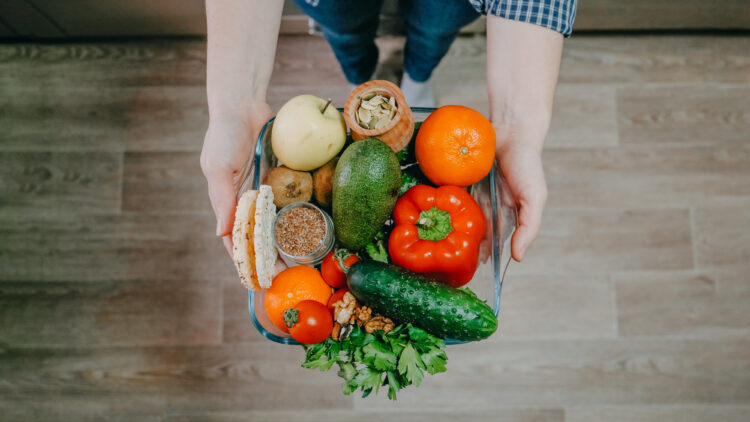
Foods like grains, beans, and seasonal veggies are not only healthier but cheaper than processed stuff. You can whip up a ton of different meals with a few basic ingredients. Think a big pot of rice and beans or some fresh veggie stir-fries. It is all about mixing and matching what you buy to keep things interesting and affordable.
Choose Generic Brands

Seriously, skip the fancy brands and go for the generic options, especially for basics like spices, dairy, or canned goods. They often taste the same and will save you a bunch of cash. Sometimes, you might even find the generic stuff tastes better. Plus, generic brands often use the same ingredients and facilities as their name-brand counterparts.
Cook in Bulk and Use Your Freezer
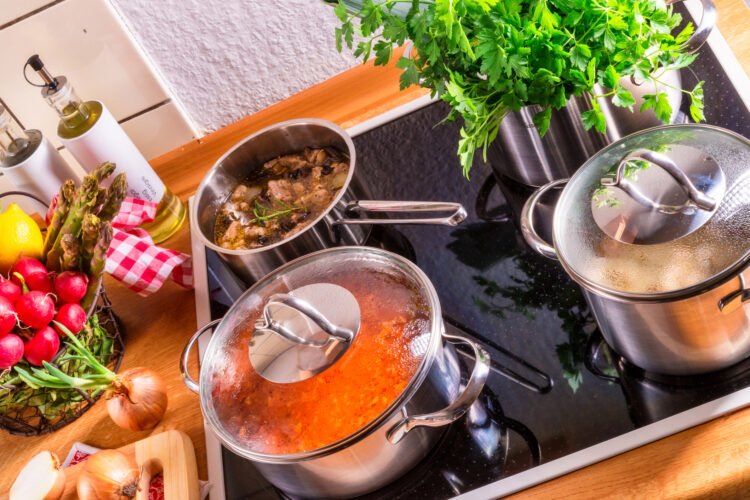
One of the best tricks is to cook meals in big batches. Pick a day to make a bunch of meals that you can freeze and reheat later. It is a lifesaver on those nights when you are too beat to cook. Plus, cooking this way cuts down the cost per meal dramatically, think big pots of soup, chili, or casseroles.
Shop Seasonal Produce
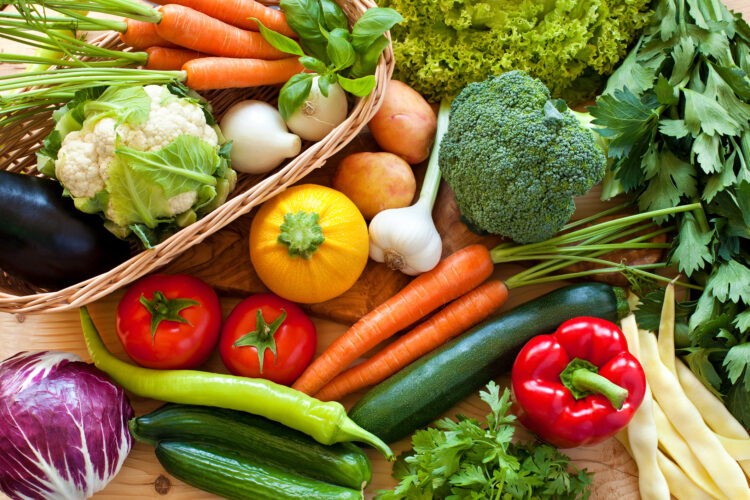
Always aim to buy fruits and veggies that are in season. They are cheaper and taste better because they are grown closer to home and picked at their peak. Getting into the habit of eating seasonally also adds variety to your diet throughout the year. This approach supports local agriculture directly.
Use Coupons and Cashback Apps

Do not overlook coupons and cashback apps; they can be gold when trying to save money on groceries. Before you shop, check out apps and websites for any deals or digital coupons that apply to the items on your list. Sometimes, you can stack these discounts with in-store promotions for even bigger savings.
Reduce Meat Consumption

Meat can be one of the most expensive items in your grocery cart. You do not have to cut it out completely, but reducing how much you eat can lower your grocery bills significantly. Try incorporating more vegetarian meals into your week; beans, lentils, and tofu are great protein sources and much cheaper than most cuts of meat.
Shop at Discount Grocery Stores

Look beyond the usual supermarket chains and check out discount grocers. These stores offer the same products for less because they often buy overstock items or those nearing their sell-by date. You would be surprised at how much you can save just by switching where you shop.
Grow Your Own Herbs (and Veggies if You Can)

Starting a small herb garden on your windowsill or balcony can save you a ton of money when buying fresh herbs. If you have space for it, growing your own veggies like tomatoes, peppers, or greens can also cut costs and enhance your meals with super fresh produce.
Buy in Bulk Wisely
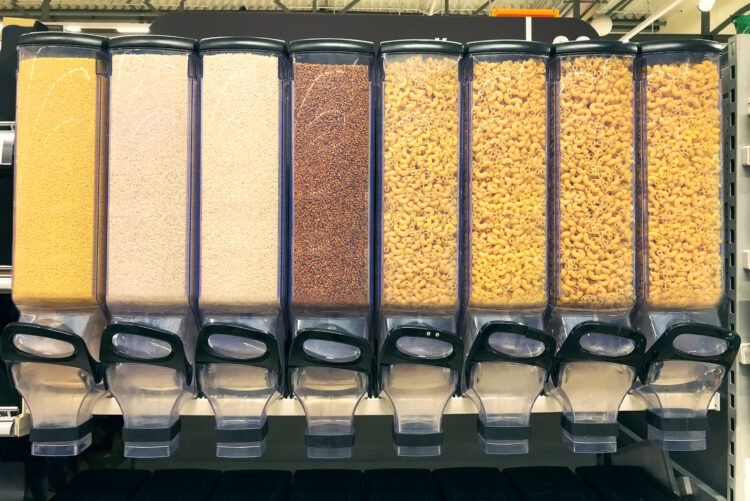
Bulk buying is not just for large families. For non-perishable items or staples you use a lot, like rice, pasta, or toilet paper, buying in bulk can lead to significant savings. Just make sure you have enough storage space and that you are not buying more than you can realistically use before it goes bad.
Cook from Scratch

Cooking your meals from scratch rather than buying pre-made or processed foods can save a lot of money. It sounds more time-consuming, but with a bit of planning, it is quite manageable. Basics like homemade bread, sauces, and even snacks not only cost less but are healthier because you control the ingredients.
Use Leftovers Wisely
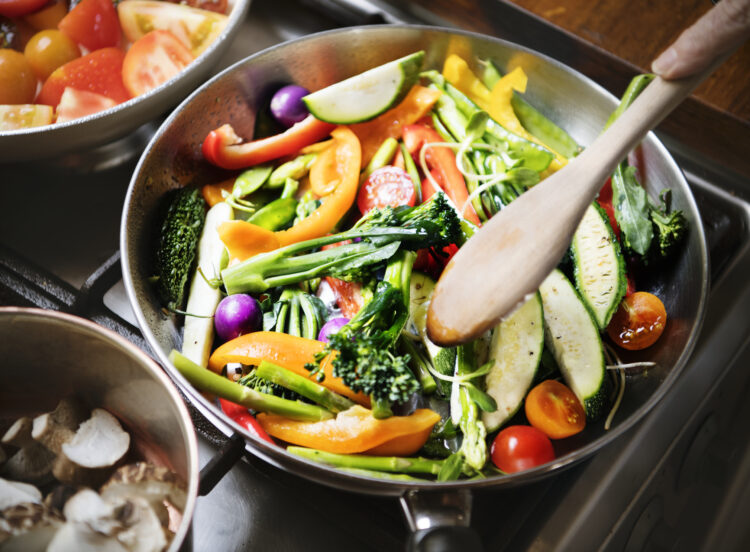
Do not let leftovers go to waste; get creative! Leftover veggies can be turned into a stir-fry, and yesterday’s roasted chicken can start a new life in a savory soup or wrap. This approach reduces food waste and stretches your food budget further.
Shop at Farmers’ Markets Near Closing Time

Farmers’ markets can offer great deals, especially near closing time. Many vendors prefer to sell their remaining perishable items at a discount rather than take them back. You can snag fresh produce and other products at a fraction of the cost if you time your visit right.
Learn Proper Food Storage
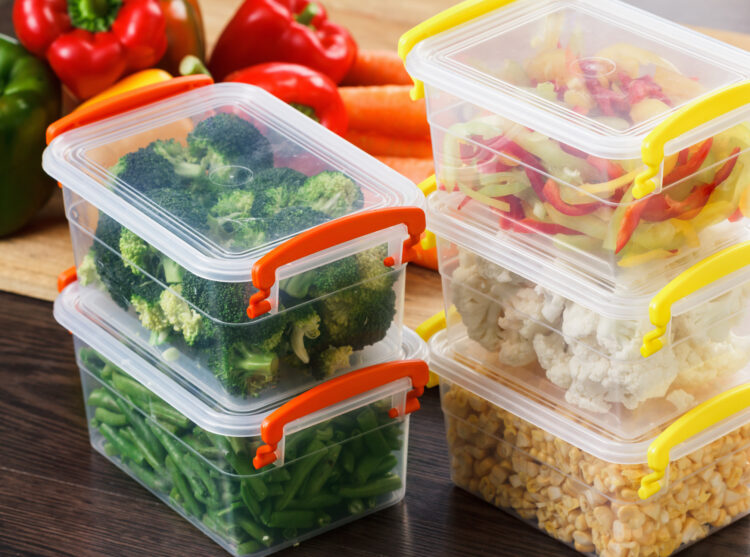
Properly storing your food will extend its shelf life and prevent spoilage, saving money in the long run. Learn the best ways to store fruits, vegetables, dairy, and meats. For instance, keeping your greens in airtight containers with a paper towel can keep them fresh longer, and storing herbs like cut flowers with water can do wonders.
Be Flexible with Your Shopping List

While sticking to a shopping list is important, being flexible can also save money. If you see a sale on a certain item, consider swapping similar ingredients in your meal plan. For example, if you plan to buy chicken but find a turkey at a better price, go for the switch. This flexibility can lead to unexpected savings.

Comments
Loading…